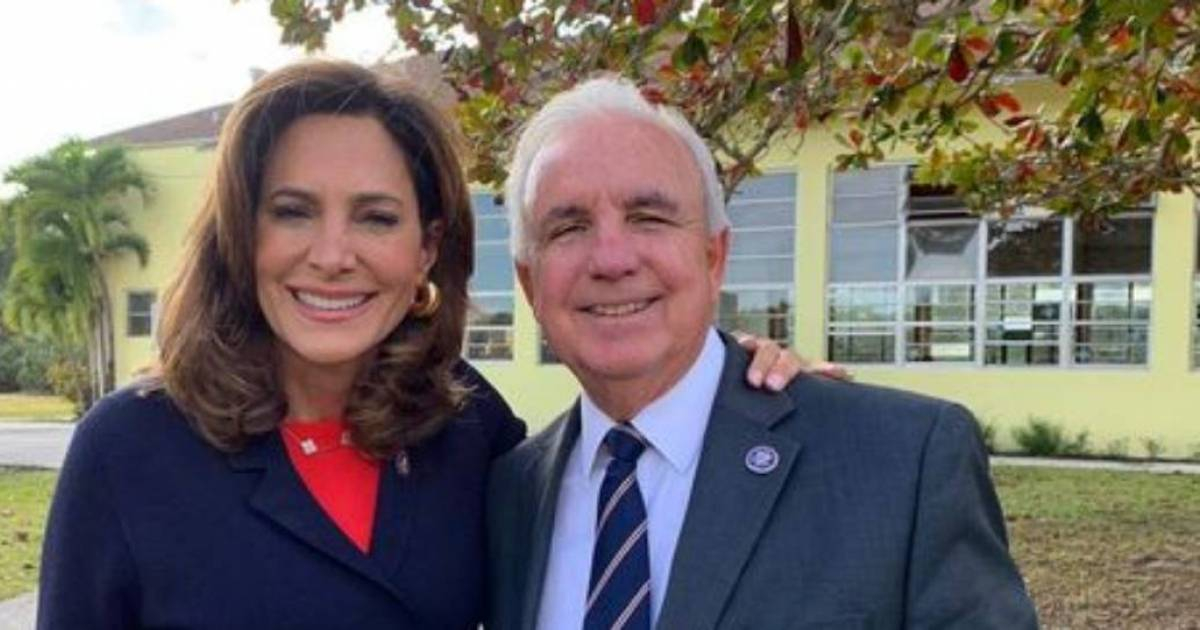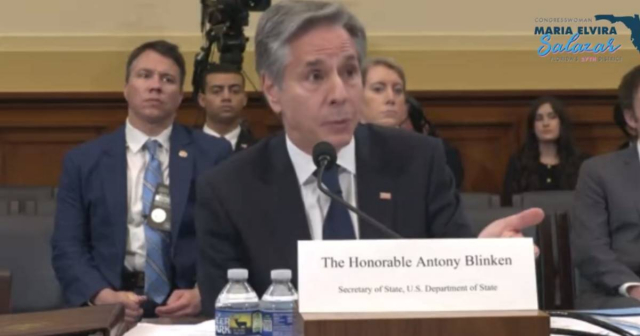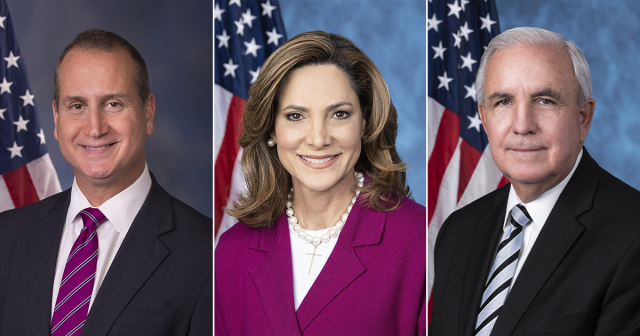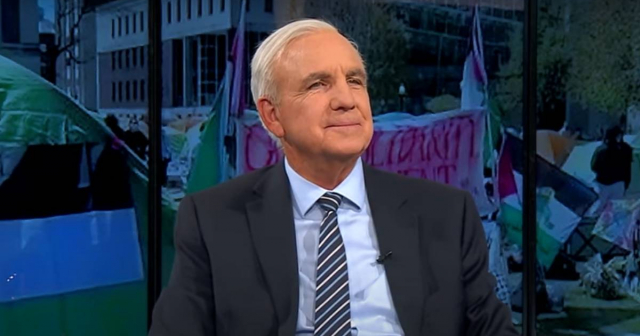
Cuban-American legislators rejected the changes announced this Tuesday by the Joe Biden Administration regarding the policy towards Cuba, which includes granting the private sector access to the US banking system.
In his X account, Republican congressman Carlos Giménez accused President Biden's government of perpetuating "the Castro dictatorship in power and abandoning the Cubans who are fighting for freedom", while calling him a "accomplice" of the communist regime.
President Biden has just granted more concessions to the murderous regime of Cuba," he stated.
On her part, the legislator María Elvira Salazar considered that opening the United States banking system to the 'private sector', which she considers "a cover for the regime to obtain foreign currency", will give "more oxygen to the dictatorship".
The senators reacted to the measures taken by the United States Department of the Treasury, which through the Office of Foreign Assets Control (OFAC) approved new amendments to the Cuban Assets Control Regulations on Tuesday, supposedly with the aim of "increasing support for Cuban private sector entrepreneurs" and "promoting internet freedom on the island."
The amendments, which will come into effect after their publication in the Federal Register on May 29, 2024, include key measures such as the authorization of cloud-based services to facilitate internet communication and the expansion of services for the installation and repair of telecommunications equipment.
In addition, the export and re-export of Cuban-origin software and mobile applications from the United States to third countries will be allowed.
Another significant modification is the redefinition of the term "independent entrepreneurs in the private sector," which now excludes prohibited officials of the Cuban Government and members of the Cuban Communist Party.
This new definition encompasses not only self-employed workers, but also cooperatives and other private companies with up to 100 employees. However, it has been shown that several Cuban SMEs are made up of relatives of Castro's leaders and officials, and even deputies of the regime.
Furthermore, authorization for "U-turn" transactions has been reinstated, allowing banking institutions to process fund transfers involving Cuba, as long as they originate and terminate outside the U.S. and do not involve individuals subject to U.S. jurisdiction.
That is to say, Cuban private sector entrepreneurs will be able to access accounts in U.S. banks and conduct financial transactions from third countries (U-Turn transactions) to send remittances and other payments to individuals on the island.
The reporting process for transactions related to telecommunications has also been updated, eliminating the need to send faxes and allowing reports to be sent via email.
What do you think?
COMMENTFiled under:






